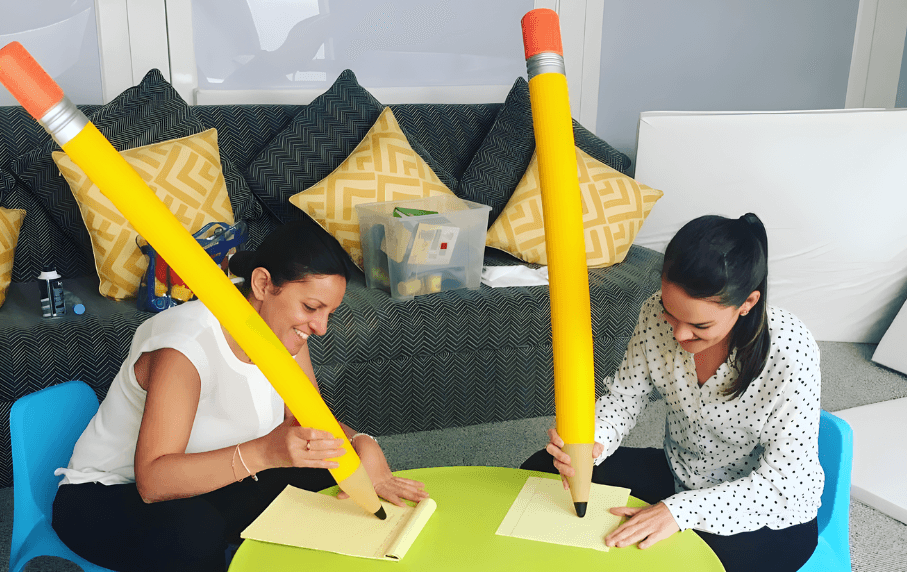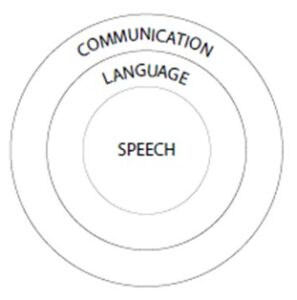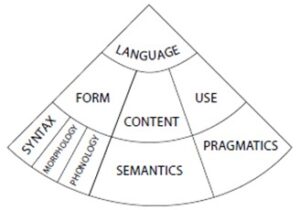
While the stages of speech and language development are the same for all children, the age at which children develop them can vary significantly. As a parent or guardian, if you know what’s considered “normal” in speech and language development, and what’s not, you will be better able to figure out if there’s cause for concern about delayed speech language development – or if your child’s speech and language skills are developing on schedule.
 Speech is the ability to articulate and produce sounds and knowing which sounds are used for a given language (the way sounds and words are formed). Children who are bilingual will be able to produce sounds from both languages. All children will produce developmental speech errors when they are learning to speak.
Speech is the ability to articulate and produce sounds and knowing which sounds are used for a given language (the way sounds and words are formed). Children who are bilingual will be able to produce sounds from both languages. All children will produce developmental speech errors when they are learning to speak.
 What Are Speech or Language Delays?
What Are Speech or Language Delays?Speech and language problems differ, but often overlap. For example:
It’s very important to remember that you are your child’s communicative role model and that your child is watching and listening to everything you do and say; 24/7, 365. They do this naturally and intuitively in an effort to better understand their world and how to engage. This makes you the most important role model in your child’s life, because everything you say and do will be a life-long example for him or her.
Your child’s toddler years, from about 12 to 36 months, are a time of great cognitive, emotional, and social development. During this time, your child’s language skills will also grow exponentially, as she or he progresses from using single words to putting together simple sentences. Your child will also begin to understand and follow simple requests, like “Bring me your toy” or “Wave bye-bye”.
However, at this age, your child will often not have the words to express big emotions or talk about more complex experiences. This is where you can help. With your patience and guidance, along with time and practice, your child will start learning how to use words to communicate better.
A very important part of talking and listening to your child is paying attention to body language. Your toddler will often use body language to communicate his or her meaning when the words are unavailable. For example, your child might tug on your pants to be picked up, shake or nod his head, and use distinctive gestures to tell you to “leave me alone”.
Such a situation is the perfect opportunity to encourage your child to use words instead, and to show your child how. Do this by repeating to them what you think your child wants and explaining what you’re saying as you go. For example, “I know you want to be picked up, but I have something in my hand. You can hold my other hand”. Or, “I can see you don’t want the apple. Would you like a pear instead?” (Raising Children Network)
If you are concerned that your child may be dealing with delayed speech development or use of language, speak to your family’s General Practitioner or your Paediatrician, or arrange an appointment with a Speech and Language Therapist.
You may also find the answers you’re looking for in my book, Let’s Talk, available on Amazon.